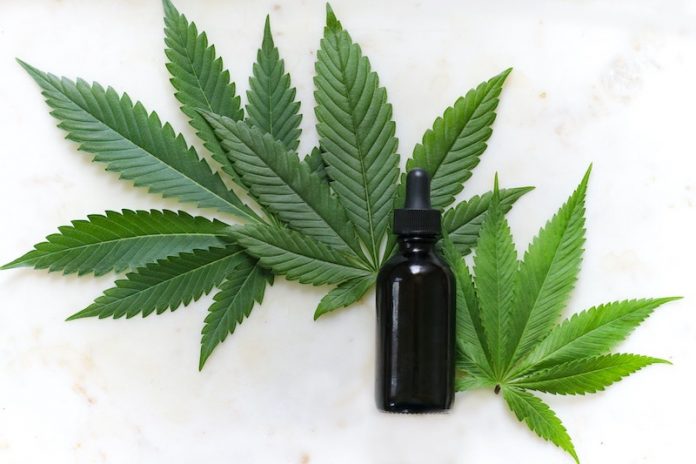
It’s been hailed as a wonder drug and it’s certainly creating wonder profits. By some estimates, the Cannabidiol (or CBD) market could be worth $20 billion dollars by 2024.
While users tout its effectiveness in pain relief, up until now there’s been limited experimental human research on the actual effectiveness of the drug.
In a new study from Syracuse University, researchers found evidence of the ability of CBD to reduce pain along with the impact that the so-called placebo effect may have on pain outcomes.
For science and the public at large, the question remained, is the pain relief that CBD users claim to experience due to pharmacological effects or placebo effects.
That’s a fair question because simply telling someone that a substance has the ability to relieve their pain can actually cause robust changes in their pain sensitivity. These are called expectancy effects.
As the first experimental pain trial to examine CBD, the study yielded consistent and noteworthy results.
Among other findings, the data showed that CBD and expectancies for receiving CBD do not appear to reduce experimental pain intensity, but do make the pain feel less unpleasant.
In the study, the team used sophisticated equipment that safely induces experimental heat pain, allowing them to measure how the recipient’s nervous system reacts and responds to it.
Then they administer a drug, like pure CBD, or a placebo and then re-assess their pain responses and see how they change based on which substance was administered.
Researchers then took it a step further by manipulating the information given to participants about which substances they received.
In some cases, participants were told that they got CBD when they actually received a placebo, or told they would be getting a placebo when they actually got CBD.
That way they could parse out whether it was the drug that relieved the pain, or whether it was the expectation that the participants had received the drug that reduced the pain.
The team hypothesized that we would primarily detect expectancy-induced placebo analgesia (pain relief). What they found though after measuring several different pain outcomes is that it’s actually a little bit of both.
That is, we found improvements in pain measures caused by the pharmacological effects of CBD and the psychological effects of just expecting that they had gotten CBD.
The team says the data is exciting but pretty complex in that different pain measures responded differently to the drug effect, to the expectancy, or both the drug and expectancy combined.
The next step is studying the mechanisms underlying these findings and figuring out why giving instructions or CBD itself causes certain reactions to a pain stimulus.
Most people think of pain as an on and off switch, you either have it or you don’t. But pain, as the team describes it, is a complex phenomenon with several dimensions influenced by psychological and biological factors.
One important note to also consider is the source of the CBD. What the researchers used in the study was pure CBD isolate oil.
Commercially available CBD products differ in their content and purity, so results might be different for different CBD products, depending on what other compounds they may or may not contain.
If you care about cannabis and your health, please read studies about how marijuana could hurt your heart and blood pressure and findings of what you need to know about products containing cannabis or CBD.
For more information about cannabis, please see recent studies about Could CBD or Cannabidiol make you fail a drug test? and results showing that cannabis may provide strong pain relief, powerful inflammation therapy.
The study is published in Experimental and Clinical Psychopharmacology. One author of the study is Martin De Vita.
Copyright © 2021 Knowridge Science Report. All rights reserved.



